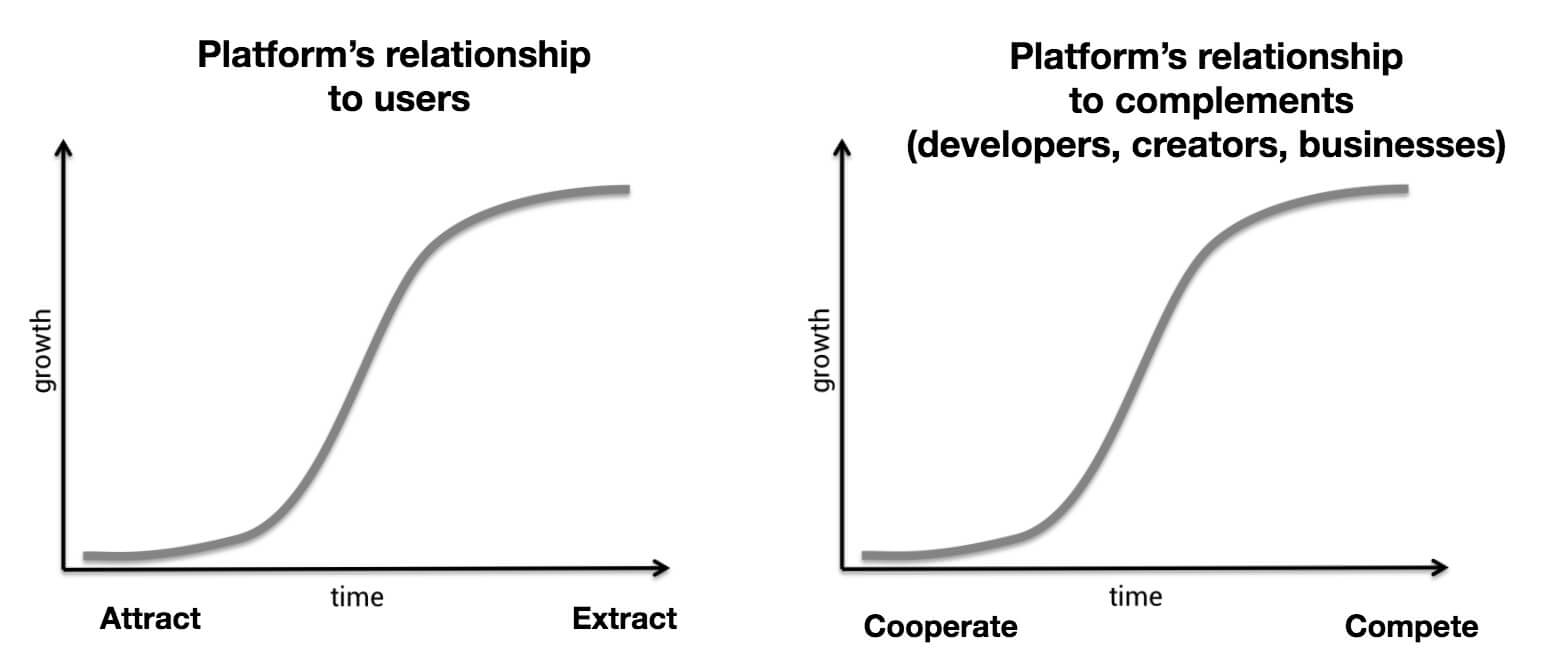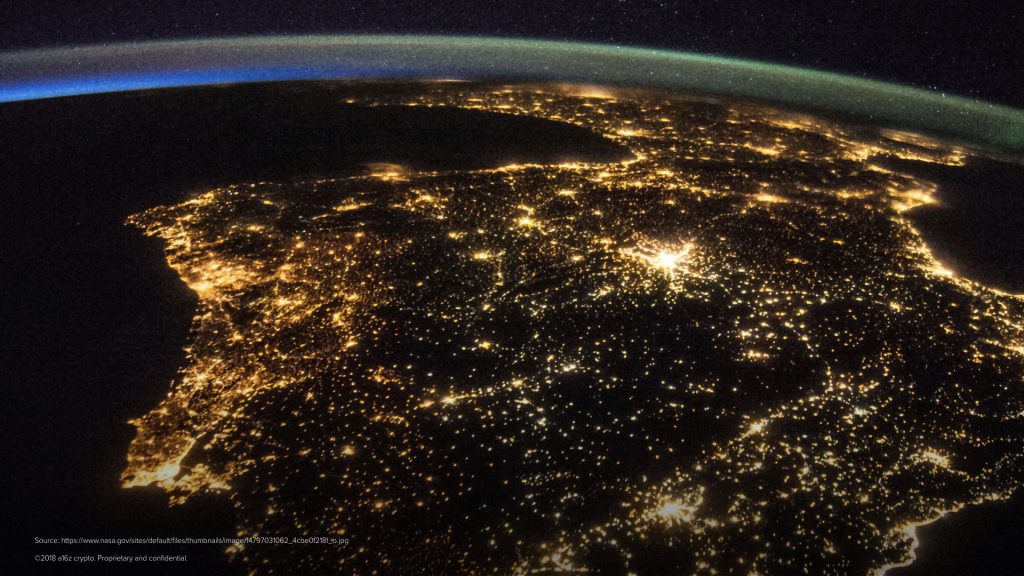Coordi-Nations: A New Institutional Structure for Global Cooperation

.png)

With your interest in decentralized spaces, I’m curious what you think about decentralized or “network” states, which are, in theory, startup countries—a bunch of like-minded people who met online and bought up land together, for example. Are you following the network state movement?
We’ll have a lot of trial and error to develop good governance in... See more
We’ll have a lot of trial and error to develop good governance in... See more
